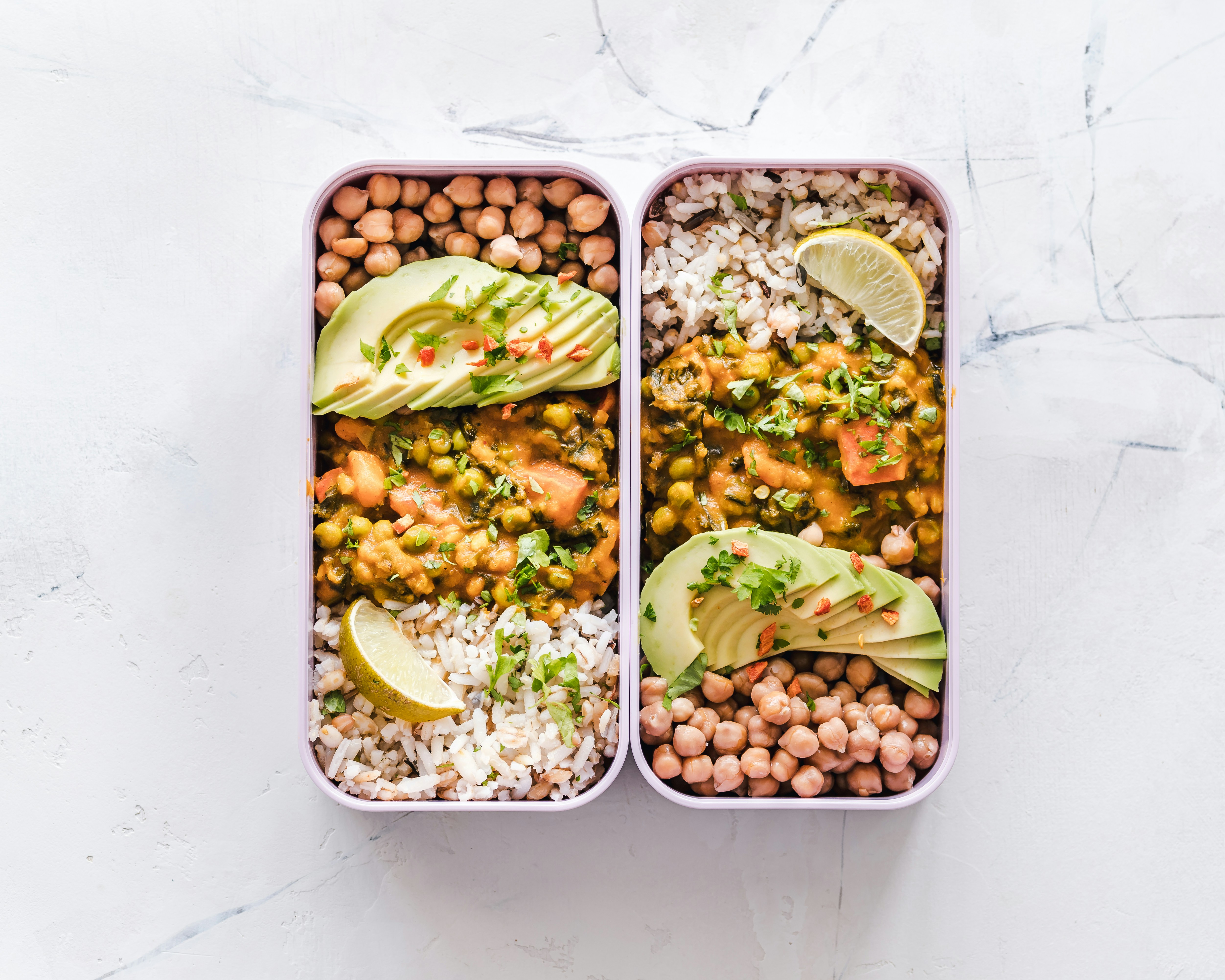12 Easy Ways To Save Your Money
Simple ways to grow your bank account!😊
1. Set yourself a budget every month
It sounds obvious, but if you never set a budget, you'll always struggle to save. The first thing you should do is decide how much money you want to save every month.
Then, list out all your usual expenses, and sort them into three categories: essential, complementary, and embellishment.
From there, calculate how much you're spending every month in each category. With this information, you'll be able to do two things:
1. Add your savings amount into the essential category of your budget
2. See how you can trim down your expenses
Make saving money an essential part of your monthly expenses, and you'll eventually do it without even thinking.
While some banking apps already do this for you, it can be more helpful to manually input your spending into a tracking app or spreadsheet.
This will help you think twice before making a purchase, visualise your finances at the end of the day, week, or month, and generally keeps you accountable to your spending.
3. Have a no-spend day at least once a week
A no-spend day means not spending your cash on food, drinks, delivery, shopping, entertainment, and so forth.
You may find it easier to do on a weekday in the office. Drink the free coffee at your workplace instead of buying a latte, pack your lunch from home, cook dinner in the evening, and read a book or stream a series at night.
For a no-spend weekend, indulge in homecooked meals, check out free museums and art galleries, have friends over for a potluck, visit your local library or park, go for a hike or stroll around a botanical garden, or have a movie night with family at home.
4. Stop the subscriptions you don't use
The subscription business model is one of the most popular ways for companies to make money because it provides them recurring revenue every month. Often, subscribers aren't even utilising the service they're paying for to even make it worth their money fee.
Are you one of these customers? It's time to cancel some of those subscriptions.
The most common subscriptions that may be worth cancelling include:
Online gaming services such as PlayStation and XBox
Gym memberships
Cable TV or having multiple streaming services
Music streaming
Subscription boxes
Cloud storage
Spa or massage memberships
Remember that just because you've cancelled now, it doesn't mean you can't subscribe again later, when your finances are able to handle the extra expense.
Instead of buying a new outfit that you'll only wear once for a black tie work event, borrow one from a friend or family member.
Are you planning a wedding, extravagant party, or festive event? Instead of buying your decor, you can rent it!
There are so many items that you can borrow or rent, rather than splurging, especially if it's not an item you plan on using regularly.
Likewise, check out clothes swaps and Beli Nothing Project Facebook groups to get brand new and preloved items from community members for free. It's also a great way to give things you no longer use a new life with a new owner!
6. Make a list before you do groceries (and stick to it!)
Without a list to guide your purchases, you're more susceptible to impulse buying and purchasing items you don't actually need. You may be tempted by displays, promotions, or cravings, leading to unnecessary spending on items.
As a result, you may exceed your intended grocery budget and waste money on items that may go unused or contribute to food waste.
7. Buy store-brand items instead of name-brand home goods
Opting for generic or supermarket own-brand products over branded alternatives can lead to substantial savings without compromising too much on quality.
From cleaning products and toiletries, to cables and batteries, shopping for store-brand items can reportedly shave 15% to 30% off your shopping bill. That's a lot!
8. Go meatless once a week
Meat is expensive, whether you're cooking at home or eating out. Opting to go vegetarian one day a week can really help lighten the load on your bank account.
From pricier Italian bistros and brunch cafes to nasi campur and mamak food, veggies keep you full, are packed with nutrients, and can bring the cost of your meal down by RM5 to RM10 or more.
Meanwhile, there are so many delectable vegetarian dishes you can experiment with at home!
9. Pack yourself lunch for the office
Eating out every time you're at the office can be costly, especially if you and your colleagues are opting for nearby restaurants. With the cost of living increasing, you may find yourself spending RM10 to RM20 a day, just on lunch! That definitely adds up at the end of the month.
Make a sandwich or wrap at home in the morning or pack leftovers from dinner. You don't have to do it every day, but bringing food from home at least two to three times a week will benefit your wallet in the long run.
10. Don't order drinks at restaurants
Beverage prices can really add up. In some eateries, drinks may even cost the same as a dish.
Opt for drinking water instead of ordering a drink. This can save from RM3 to RM15 per person on your final bill. Plus, water is better for you.
11. Be smart with your electricity usage
Being smart with your electricity usage could be as simple as switching off the ceiling fan and lights when you leave a room, to upgrading your appliances to energy-efficient ones.
12. Bring your own shopping bags
For quick savings, remember to always bring your woven bags when you do groceries or go out shopping. This saves on purchasing bags in-store.
Getting coffee? Bring your own reusable coffee cup. Many cafes offer discounts when not using their disposable cups.
And if you're going out, bring your water tumbler with you instead of buying bottled water later.



















8 Comments
terima kasih atas tipsnya...
ReplyDeletemesti buat bajet n simpan
ReplyDeleteSusah nak follow bila ada komitmen dan selera besar hahaha
ReplyDeleteYang no6 tu, dah jarang ke kedai. Beli grocery online sebab kalau pergi kedai, list bertambah2. 10 barang boleh jadi 20. Tak kuat tahan. Kalau beli online walaupun ada delivery charges, senang pilih items yang ada offer dan juga, selalu ikut list, tak terlebih barang,
ReplyDeletegood sharing.. tq!
ReplyDeletesetting a budget truly lays the foundation for effective saving...thanks for sharing these practical steps!
ReplyDeleteslowly ikut tips ni...salah satunya cara cut down expences, bawak bekal ke tempat kerja...
ReplyDeletetq share
ReplyDeleteThanks for leaving your comment. Please come again. I will visit your blog soon.